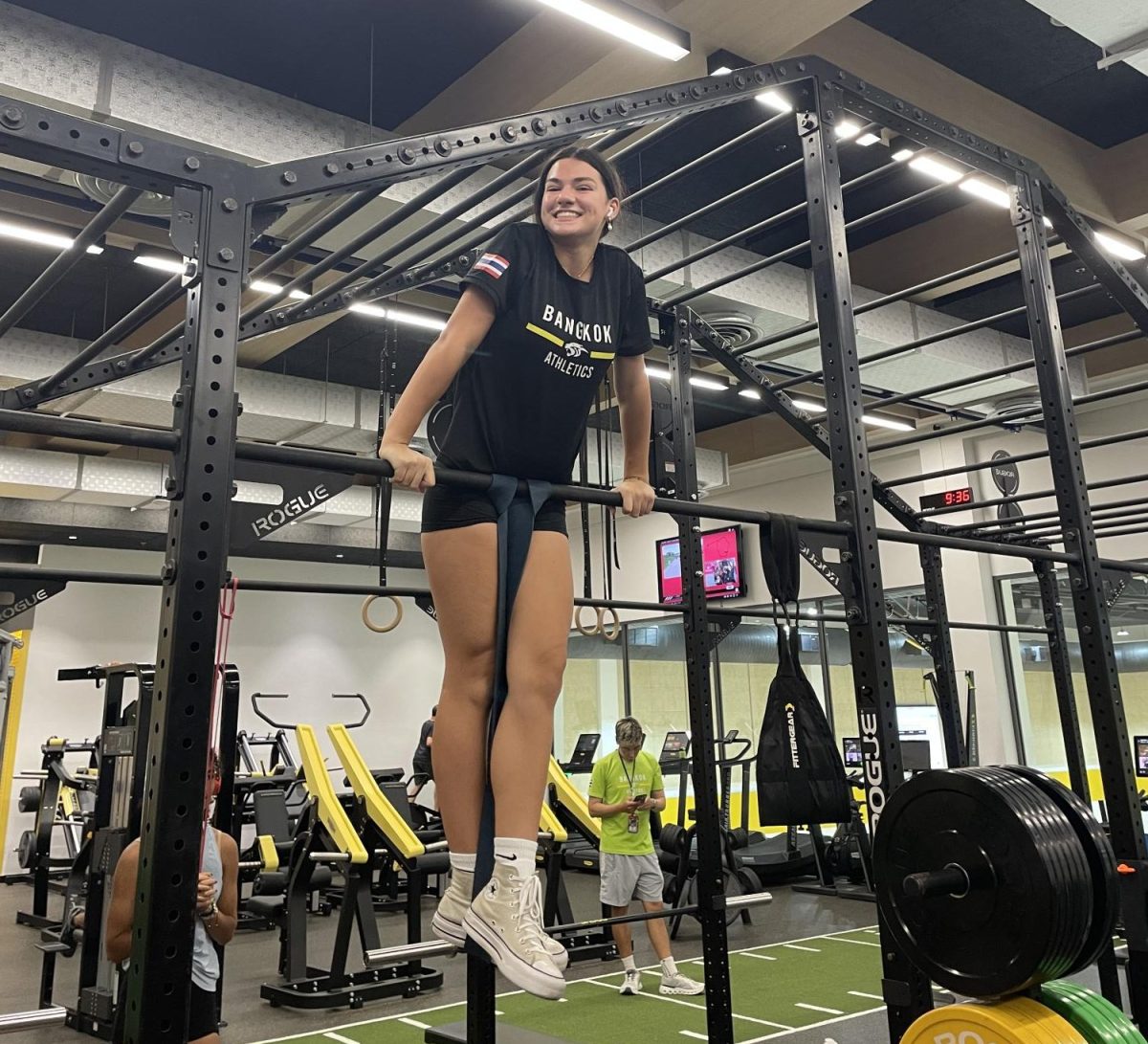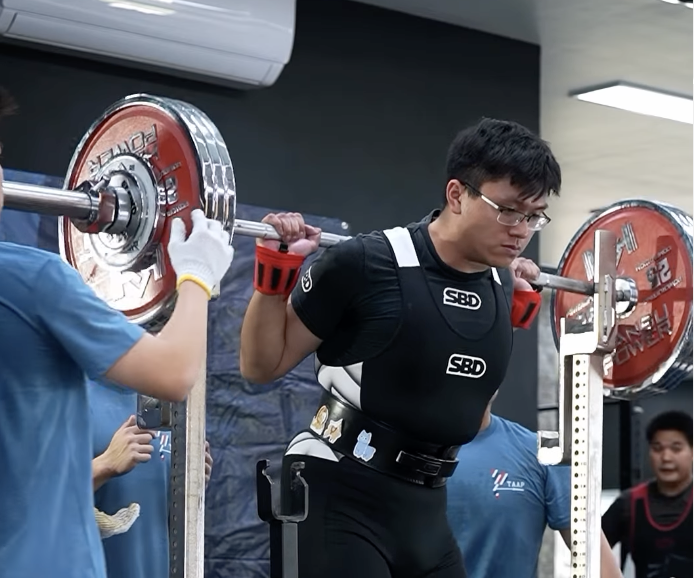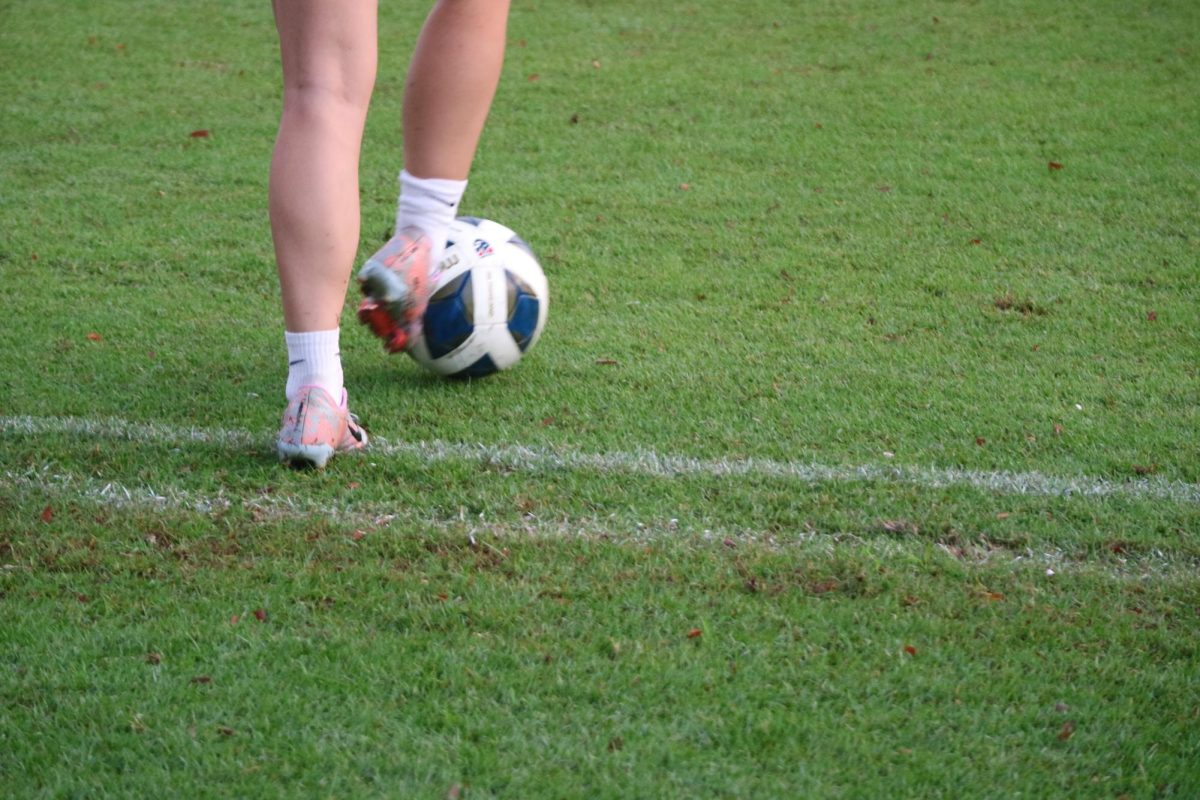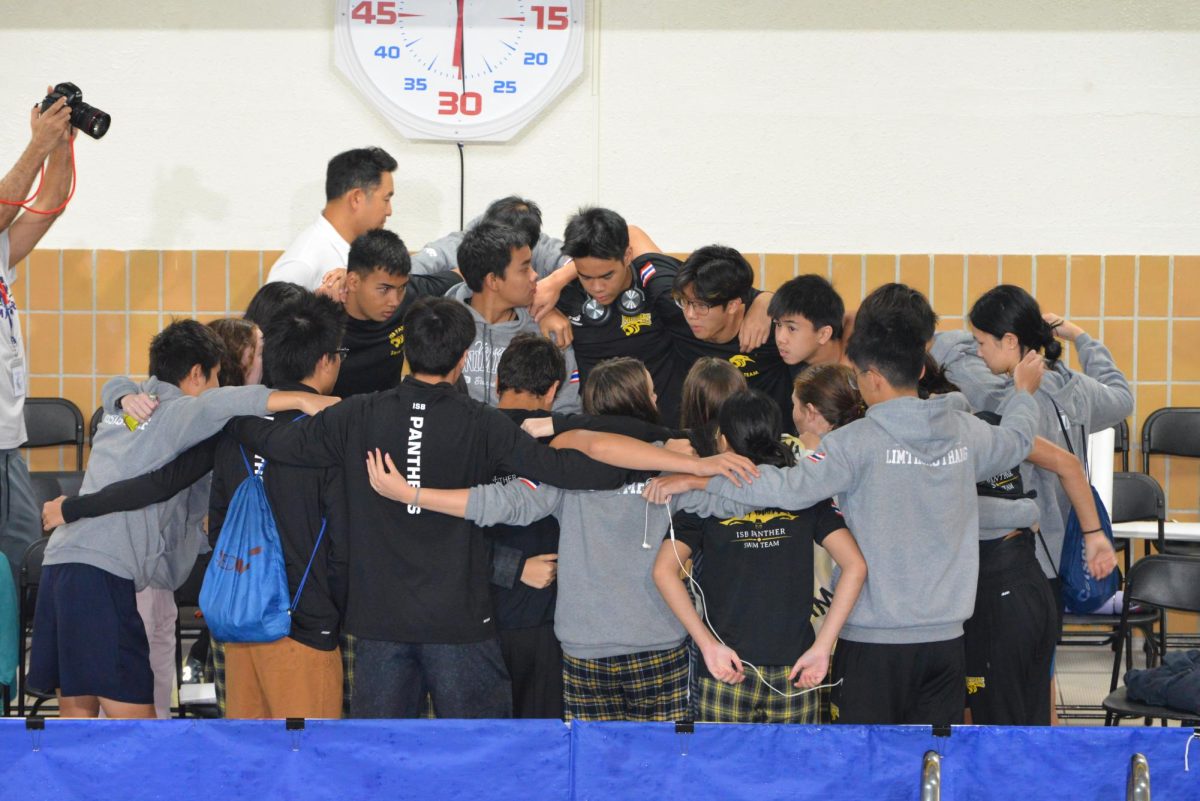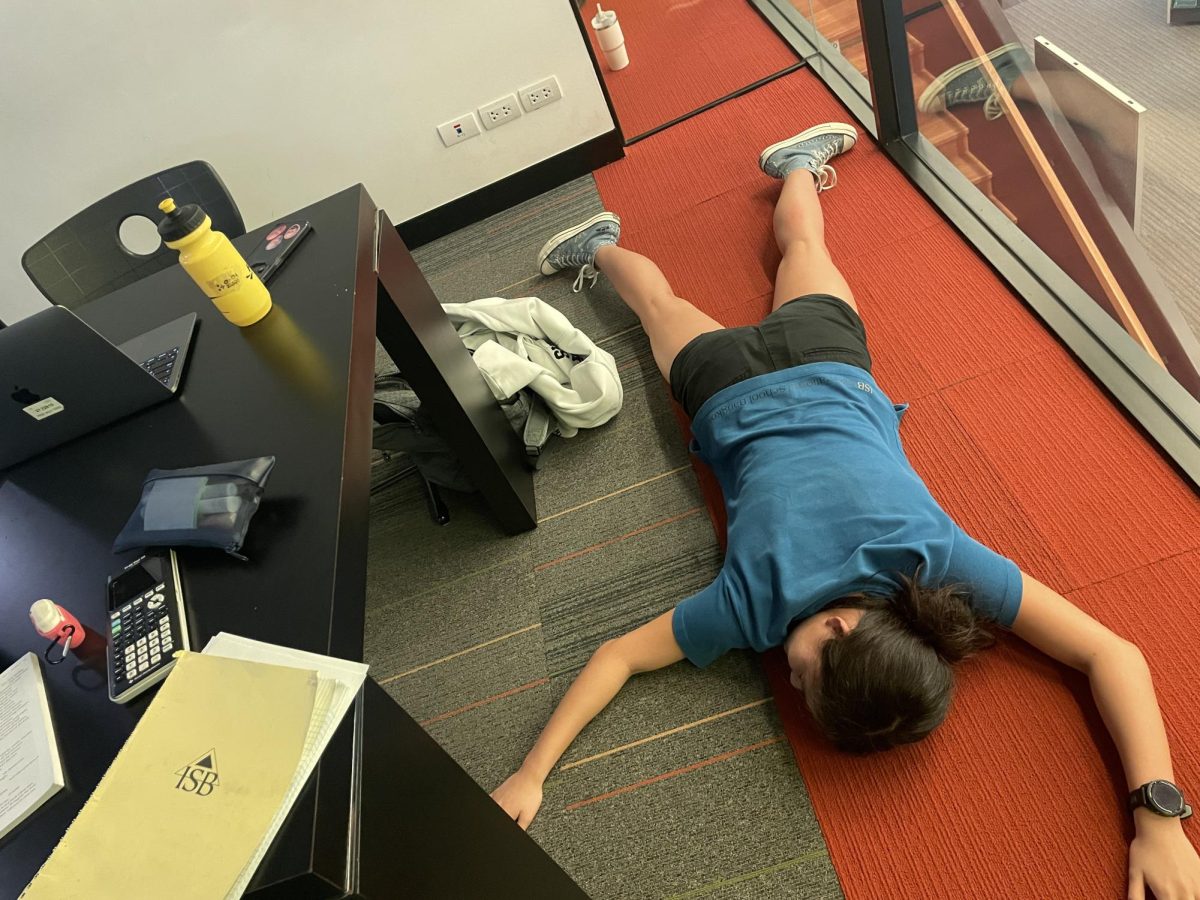Some athletes can be the best at their sport, have the highest record in the world but some are not always eating the way they should. It is hard to train and also take care of what you eat and look after your body but this is a list of what swimmers, football, basketball, volleyball, rugby, tennis players and track & field athletes should be eating during training and competitions.
Swimmers should focus on these 10 main foods. These food are recommended by USA Swimming. They help a swimmer get the right amount of energy for practices. USA Swimming says that swimmers should eat nuts and seeds because they are high in healthy fats, fiber, protein, magnesium and vitamin E. They are great for a healthy snack at home or even before practice! Ready made cereals are also good for swimmers they contain nutrients such as folic acid, iron and vitamins A and E, but do not have cereals that have a lot of sugar.
The cereals with 8 or 9 grams of sugar in them are the best to have a balance in energy and fats. The next one is not actually a food but it is definitely a great source of calcium, vitamin D- fortified, folic acid and vitamin C. Orange juice is your best friend when you are a swimmer but do not guzzle it! If you drink too much orange juice at one time it can be a significant source of calories if you consume more than a cup and a half a day.
Beans are considered magical for swimmers because they are full of fiber, protein, iron, zinc and magnesium! Find ways to work them into your daily or weekly diet, you roast them for a crunchy snack, top a salad or burrito, or throw them in with diced tomatoes for a hearty pasta dish.
Low fat dairy products are awesome for swimmers, low fat cheese, milk and yogurt contain calcium, potassium, vitamin D and protein and chocolate milk is the best after a long workout.
Greens are good for you! Kale, spinach and collard greens offer iron and calcium which are usually paired with foods high in vitamin C, or serve with meat to maximize the amount of iron taken from the veggies. Talking about veggies, Orange fruits and vegetables are loaded with vitamins C, E, A, and potassium, and these help your immune system stay healthy.
According to livestrong.com a basketball player’s diet consists of high carb and low fat foods. Most carbs in a basketballer’s diet should come from fruits, grains, vegetables and liquids in order to maximize the amount of vitamin and mineral intake. Red meats (beef, pork, veal, lamb, etc.) skinless poultry, seafood or  beans can help you meet your daily protein needs. In order to improve heart health, include healthy fats such as olive oil, avocados, nuts and seeds. Aim to eat five to seven times throughout the day.
beans can help you meet your daily protein needs. In order to improve heart health, include healthy fats such as olive oil, avocados, nuts and seeds. Aim to eat five to seven times throughout the day.
A suggested high-carb breakfast meal is a whole-wheat bagel with scrambled eggs, with a banana and a cup of low-fat milk then eat a snack a few hours after breakfast, such as a bowl of whole-grain cereal with low-fat milk or a cup of low-fat yogurt with an orange in order to keep your energy levels up. You need to eat a lunch meal that is high in carbs and includes some protein, for example, whole-wheat pasta mixed with broccoli, carrots, cauliflower, shrimp and low-fat parmesan cheese with a cup of orange juice. eat a low-fat, high-carb snack, one to two hours before practice or a game, such as whole-wheat bread with jam or a banana with low-fat milk.
You should eat a snack that contains carbs, protein and fat within 30 minutes of finishing up to promote muscle healing and recovery. Examples of this include an apple with peanut butter or a cup of low-fat chocolate milk. A healthy dinner meal for a basketball player might include grilled chicken with a large baked potato, peas, tossed salad and a glass of low-fat milk.
There are 7 foods all rugby players should be eating in order to maintain the level of fitness they are doing a day, the following foods are suggested by rugbyworld.com. The first food you should be eating are greens, by greens I mean broccoli, brussel sprouts, kale, bok choi and cabbage. These vegetables supply important detoxifying chemicals that will aid recovery, liver function and increase antioxidant protection. They are also good for maintaining hormonal balance. Eggs are second on this list and they are very high in high-quality protein, B vitamins, zinc and good fats. They’re good for sustaining lean body mass and rebuilding muscle, and are also beneficial for your immune system and hormonal balance.
Another food you should be eating is wild salmon, it is high in essential fats and protein, and lower in total and omega 6 fats than other salmon. You also get too much total and omega 6 fats from eating too many grains, and in excess they are pro-inflammatory for your joints and muscles. Beans and pulses (Kidney  beans, chickpeas, peas and lentils) are fourth on this list of foods because they are very high in fibre, protein and other B vitamins. They’re high in minerals such as magnesium, too, which help your muscles relax and recover. Chicken and turkey are the best during training season, they are a nice high-quality, lean protein source. You should always buy free range minimum, and preferably organic. That means the animal won’t have been given antibiotics or hormones, and will have been fed organic food.
beans, chickpeas, peas and lentils) are fourth on this list of foods because they are very high in fibre, protein and other B vitamins. They’re high in minerals such as magnesium, too, which help your muscles relax and recover. Chicken and turkey are the best during training season, they are a nice high-quality, lean protein source. You should always buy free range minimum, and preferably organic. That means the animal won’t have been given antibiotics or hormones, and will have been fed organic food.
Oats are a great source of slow release energy, they are high in fibre, and are beta glucan rich which helps the immune function and make a perfect pre-training breakfast when they are cooked and added to semi-skimmed milk. Sweet potato is eighth on this list of nutrition, they contain beta carotene, like carrots, though normal potatoes are actually higher in all other nutrients. Sweet potatoes are higher in carbohydrate but lower on the glycemic index, and provide a good starch for energy.
Megan Black






